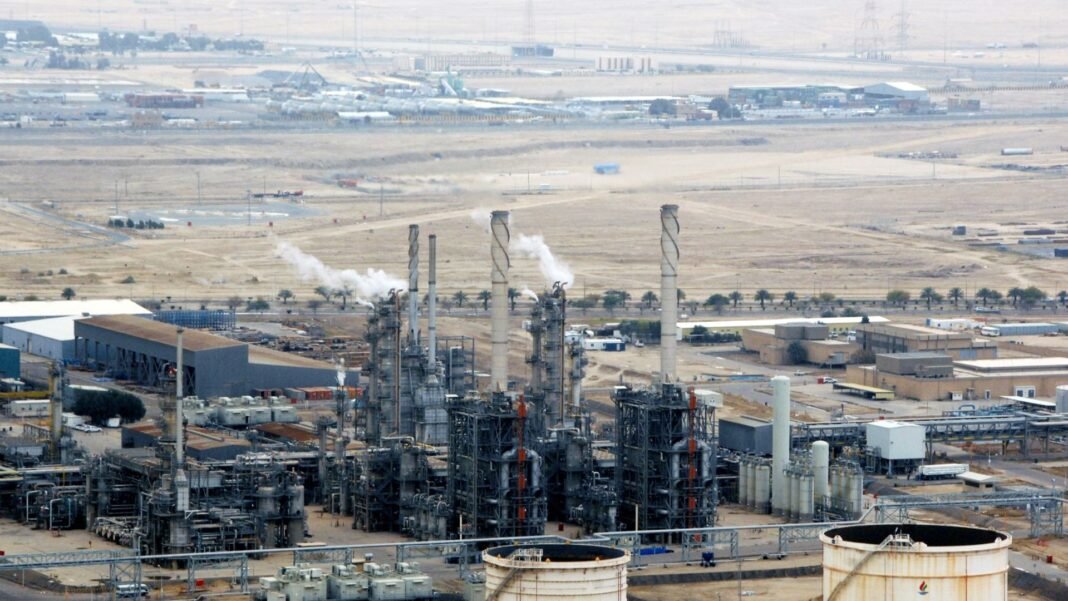Kuwait Petroleum Corp. (KPC) is considering leasing part of its pipeline network. The move aims to fund a $65 billion investment plan covering upstream, refining, and petrochemicals. Consequently, the company seeks new financing strategies to support long-term goals.
Centerview Partners LLC is advising KPC on the potential deal. According to insiders, the state-backed firm may raise between $5 billion and $7 billion. Furthermore, the plan involves leasing 13 pipelines for 25 years. However, deliberations remain ongoing, and no final decision has been made.
Importantly, the proposal would still require government approval. Kuwait, OPEC’s fifth-largest producer, plays a crucial role in global oil supply. Therefore, final clearance from state authorities will determine the next steps.
If approved, the transaction would mirror strategies used in Saudi Arabia and the UAE. Both countries have monetized energy assets to attract foreign investors. Similarly, Kuwait aims to strengthen its investment appeal through infrastructure deals.
CEO Sheikh Nawaf Al-Sabah previously confirmed that pipeline monetization was under review. He told Bloomberg that KPC would pursue “the cheapest money,” whether domestic or international. Thus, pipeline leasing remains a competitive option for financing.
Foreign investors could play a significant role in this deal. For example, BlackRock recently signed an $11 billion agreement with Aramco. That deal involved leasing infrastructure tied to the Jafurah gas project and renting it back for 20 years.
Abu Dhabi National Oil Co. also monetized its pipelines in recent years. It sold stakes in both oil and gas networks to international investors. Similarly, Aramco agreed to a pipeline stake sale led by BlackRock. These deals highlight a regional trend toward unlocking value from energy infrastructure.
For Kuwait, the benefits of pipeline leasing extend beyond financing. The plan could enhance liquidity while securing capital for expansion projects. Moreover, it helps diversify funding sources and reduce reliance on traditional debt. Consequently, Kuwait positions itself to meet energy investment goals.
KPC’s broader program launched in April 2024. It includes $33 billion in spending to expand oil production capacity. The company aims to reach 4 million barrels per day by 2035. Therefore, stable financing remains vital for long-term strategy.
The global investment environment favors infrastructure partnerships. International funds are eager to invest in Gulf energy assets. As a result, Kuwait could attract substantial foreign capital through this proposed pipeline agreement.
Kuwait’s government continues to assess the plan carefully. Approval would send a signal to global investors. It would confirm the country’s commitment to modern financial strategies in the energy sector.
Overall, the pipeline leasing option reflects a growing regional trend. Gulf states increasingly use asset monetization to support large-scale investments. Kuwait’s move, if completed, would align with these strategies while advancing its $65 billion program.
Thus, the deal could provide a financial boost. It would ensure Kuwait Petroleum secures essential resources to strengthen its upstream, midstream, and downstream capabilities. Furthermore, it would reinforce Kuwait’s role as a key energy player.





